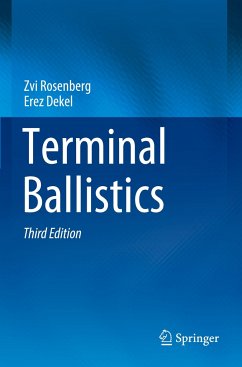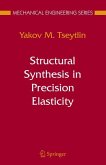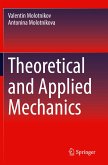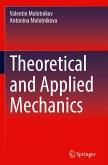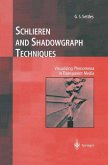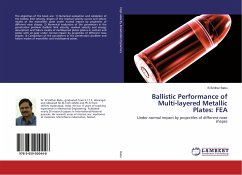This book comprehensively discusses essential aspects of terminal ballistics, combining experimental data, numerical simulations and analytical modeling.
This new, 3rd edition reflects a number of recent advances in materials science, such as the use of polyurea layers on metallic plates in order to improve their ballistics. In addition, more data and analyses are now available on dwell and interface defeat in ceramic tiles coated with polymers, and are presented here. Lastly, the new edition includes new results, numerical and empirical, concerning the DIF issue in brittle solids, as well as the "upturn" phenomenon in the stress-strain curves of ductile solids.The author also added a new analysis of concrete penetration experiments which accounts for the scaling issue in this field. This is a new,and important, addition which we are happy to announce. They also added some new insights into the interaction of EEP's and FSP projectiles with metallic plates.
Throughout thebook, the authors demonstrate the advantages of the simulation approach in terms of understanding the basic physics behind the phenomena investigated, making it a must-read for all professionals who need to understand terminal ballistics.
This new, 3rd edition reflects a number of recent advances in materials science, such as the use of polyurea layers on metallic plates in order to improve their ballistics. In addition, more data and analyses are now available on dwell and interface defeat in ceramic tiles coated with polymers, and are presented here. Lastly, the new edition includes new results, numerical and empirical, concerning the DIF issue in brittle solids, as well as the "upturn" phenomenon in the stress-strain curves of ductile solids.The author also added a new analysis of concrete penetration experiments which accounts for the scaling issue in this field. This is a new,and important, addition which we are happy to announce. They also added some new insights into the interaction of EEP's and FSP projectiles with metallic plates.
Throughout thebook, the authors demonstrate the advantages of the simulation approach in terms of understanding the basic physics behind the phenomena investigated, making it a must-read for all professionals who need to understand terminal ballistics.

